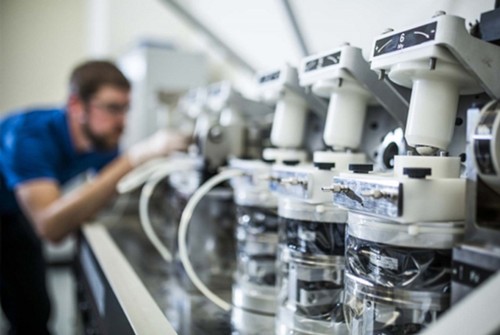
Pregnant mothers interested in identifying the father of their unborn baby are likely to be aware of the popularity of a non-invasive prenatal paternity test (NIPT).
As you may have gathered from the name, this test is not reliant on invasive procedures for sample procurement from any of the individuals involved.
With this being the case, how then are the samples collected for the test? First and foremost, consent from both the expecting mother and the alleged father has to be accomplished before testing commences.
The Collection Process
The pregnant woman’s sample can be collected by a nurse or other authorized healthcare practitioner. Collected samples are then stored in a location where it can be expedited for sampling within a lab for the non-invasive prenatal paternity test analysis. Specific sampling sites like this are paramount as blood samples are time-sensitive; samples are required to be tested soon after retrieval to prevent hemolysis or red blood cells from breaking down. Should this process falter in any way, the results will not be deemed reliable, making it essential that a trained sample collector should carry out this task. As for the sample from the alleged father, ensure sample collections are synchronized to avoid potential delays for the test results.
Getting the Most from Your NIPT
Keep in mind that a non-invasive prenatal paternity test requires time to prepare collected DNA samples. Plus, an additional set of hours is needed to generate the data needed by the DNA scientists for analysis. For expedited results, picking an experienced fetal cell analysis facility like ours at Prenatal Genetics Laboratory gives you access to a streamlined process, allowing you to see the results as early as 5 days post-collection.
Should everything go smoothly and all the protocols are followed from collecting samples through to analyzing the data, the results of NIPT >99% accurate, allowing you to feel assured that the tested father is indeed the baby’s biological father.



